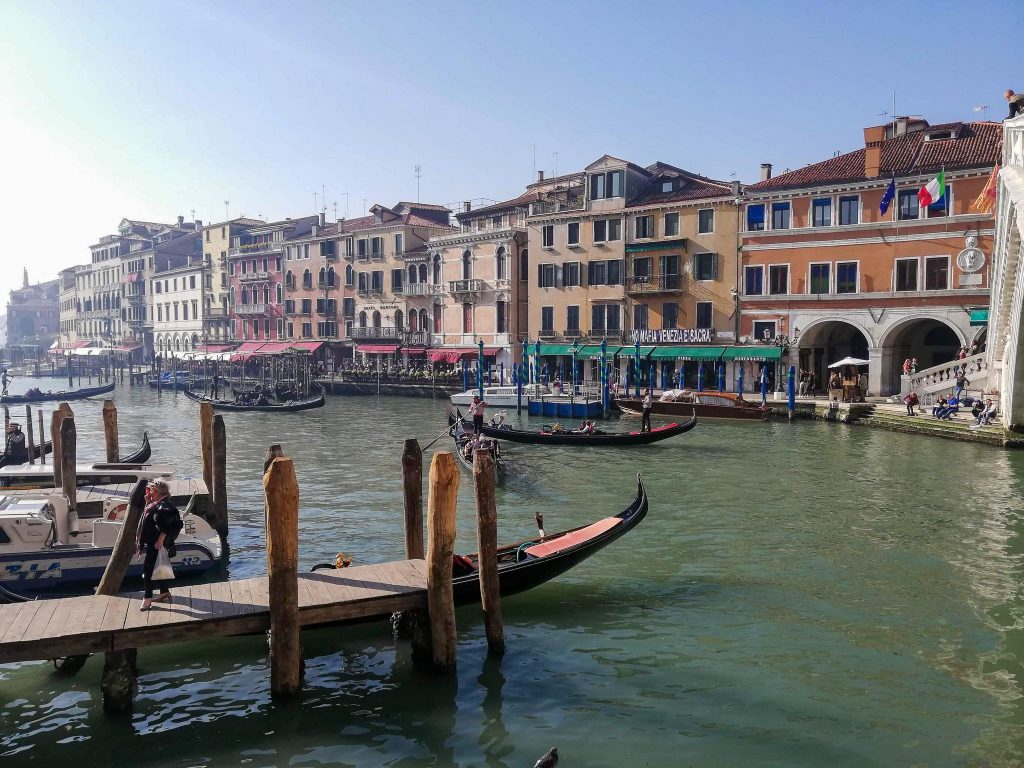One in three natural sites and one in six cultural heritage sites are currently threatened by climate change, warns the UN cultural agency UNESCO.
Aside from being important locations that can teach people about the past, the sites also serve as climate change observatories. Because of their historic importance, these sites are closely monitored and can provide valuable insights into the effects of a changing climate on cultural and natural heritage.
The mass bleaching of coral reefs, wildfires, storms and floods have all taken their toll. Even regions that are usually not affected by extreme weather have also been affected. One very obvious example is the annual flooding of Venice, which is a UNESCO world heritage site.
Happy International Day for Monuments & Sites!#WorldHeritage sites are not only places to visit, they are also climate change observatories that gather & share info on climate practices.
Learn how we protect monuments & sites against #ClimateChange: https://t.co/n5BY30BSvE pic.twitter.com/VYLHoaPMPC — UNESCO 🏛️ #Education #Sciences #Culture 🇺🇳😷 (@UNESCO) April 18, 2022
Climate change could also see the Neolithic village Skara Brae in Scotland’s Orkney Islands washed away and world-famous Yellowstone in the western United States facing melting snow and more frequent wildfires, according to a report from TIME magazine.
Almost 60% of World Heritage forests are threatened by climate change-related events. Many have already been hugely damaged by recent fires.
"As some of the world’s best-protected forests, it is alarming that World Heritage sites lost 3.5 million hectares of forest (more than the area of Belgium) between 2001 and 2020; forests in 10 World Heritage sites emitted more carbon than they absorbed," the report read.
Underwater, the situation is no better. Marine sites are under pressure, with two-thirds of these vital carbon stores – home to 15% of global blue carbon assets – currently experiencing high risks of degradation.
Harnessing culture for climate action
In light of these warnings, UNESCO is working to support countries to prepare for and recover from the effects and disasters that come with climate change. Indeed, the international organisation sees culture as being key to stimulating climate action, with the link between the two "still remaining largely untapped."
UNESCO underscored its commitment to fully integrating World Heritage monuments and sites into climate action and strategies.
"Building knowledge on World Heritage and climate change can inform a future roadmap for the next half-century," a statement from the organisation read.

